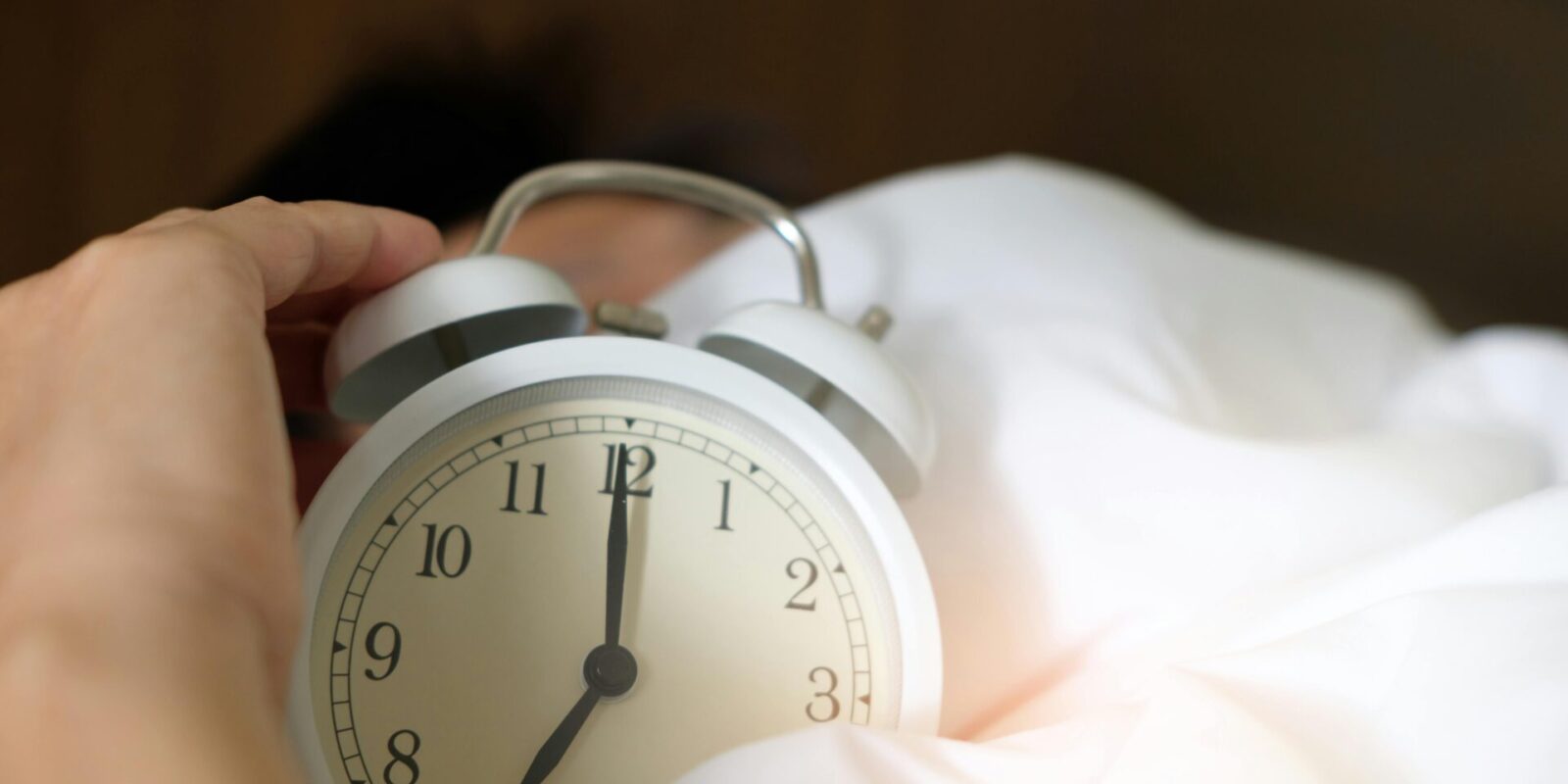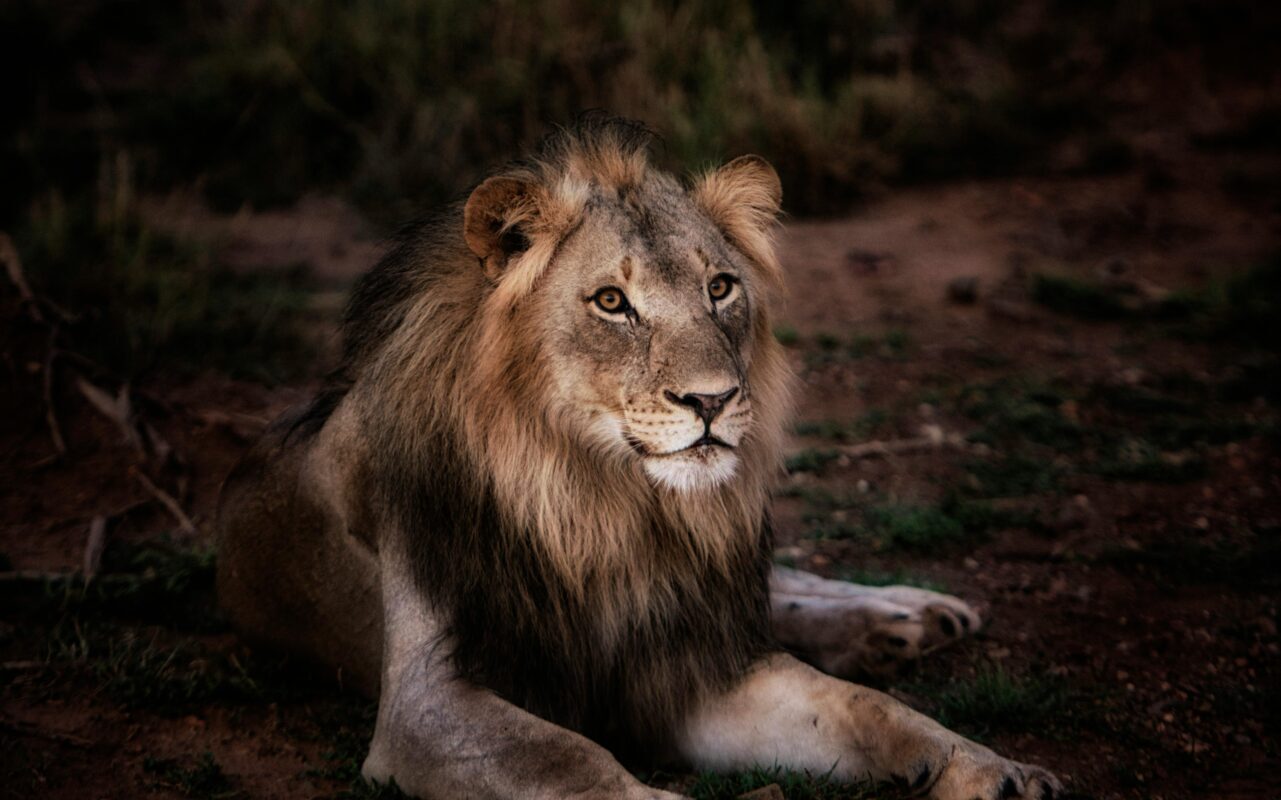 All humans are made up differently; we already know that. We come in many different shapes, heights, and ethnicities. We experience different cultures and even have different sleeping patterns. You probably think of yourself as either a morning person, a night owl, or somewhere in the middle. Guess what, it goes even deeper than that.
All humans are made up differently; we already know that. We come in many different shapes, heights, and ethnicities. We experience different cultures and even have different sleeping patterns. You probably think of yourself as either a morning person, a night owl, or somewhere in the middle. Guess what, it goes even deeper than that.
Clinical psychologist and sleep medicine expert, Dr. Michael Breus, has done extensive research and taken things a step further. By figuring out your sleep chronotype it can help you align how your body is naturally wired. You can further adapt your sleep goals to your daily habits. This guarantees that you’re as well rested and productive throughout the day as possible. Find out your sleep chronotype by taking Dr. Breus’ quiz here!
By working with, as opposed to against, your internal clock, you’ll have an easier time falling asleep and waking up. Your chronotype not only affects your affinity to sleep at certain times but also the best times for you to eat meals, exercise, and more. Chronotypes refer to 4 different categories — Lion, Bear, Wolf, and Dolphin. Read on to learn more about each of the 4 chronotypes.
Disclaimer:
Of course, life will get in the way, and following your natural sleep chronotype pattern won’t always be remotely possible. Whether it’s work, school, kids, or whatever else takes up the bulk of your time. Hopefully, this can get you into the frame of mind of when to schedule your most important tasks for the day or when to set up meetings or appointments.
Circadian Rhythm vs Chronotype-
 Your circadian rhythm is your body’s sleep/wake cycle and runs on a 24-hour rotation. It sends signals to your body and produces melatonin when it believes it’s time for sleep. Light, caffeine, and nicotine can all affect your circadian rhythm, with light being the biggest factor. Even too much screen time before bed emits blue light and halts your body from producing melatonin.
Your circadian rhythm is your body’s sleep/wake cycle and runs on a 24-hour rotation. It sends signals to your body and produces melatonin when it believes it’s time for sleep. Light, caffeine, and nicotine can all affect your circadian rhythm, with light being the biggest factor. Even too much screen time before bed emits blue light and halts your body from producing melatonin.
If you’re used to waking up with the sun and then later getting a job where you’re required to work nights and sleep during the day, you’ll have to adjust your circadian rhythm. Basically, your circadian rhythm can change based on your daily routine. Your chronotype is more of an internal genetic factor that cannot be as easily changed.
We’ve all been made to believe that morning people are highly motivated and successful people and people who sleep in are lazy. However, our sleep preferences are influenced by our genetic makeup. Studies have found that having a longer allele on the PER3 gene leads to morningness, while having a shorter allele leads to getting up a bit later.
While you can set up habits and get into a routine of going to bed and waking up at certain times, your body will be predisposed to an earlier or later sleep and wake time. This is believed to be for our safety and survival back when we lived in tribes. It would be dangerous to have the entire tribe asleep simultaneously. To always have people on the lookout for danger and predators, we have morning people and night owls to stay alert throughout the day and night.
If you didn’t have certain jobs or responsibilities, what time would you go to bed and wake up every day?
Lion Chronotype-
 Lions are the early risers of the bunch. They tend to get up around 5:30-6 am, hit their peak productivity time at around 8 am-12 pm, and fall asleep around 10 pm. They’re extremely goal-oriented, charismatic, and optimistic. Around 10-20% of people fall into the lion chronotype category.
Lions are the early risers of the bunch. They tend to get up around 5:30-6 am, hit their peak productivity time at around 8 am-12 pm, and fall asleep around 10 pm. They’re extremely goal-oriented, charismatic, and optimistic. Around 10-20% of people fall into the lion chronotype category.
While they do really well in the morning, they can struggle socially and feel fatigued with events that start later in the day. They tend to eat early and enjoy protein and healthy fiber to fuel them.
Bear Chronotype-
 People who fall into the bear chronotype category make up the majority of the population, with around 55%. Our world is set up to align perfectly with the bear’s schedule, as they like to rise and set with the sun.
People who fall into the bear chronotype category make up the majority of the population, with around 55%. Our world is set up to align perfectly with the bear’s schedule, as they like to rise and set with the sun.
A typical bear’s schedule is rising at around 7 am, maybe hitting the snooze button once or twice in the process, and bedtime around 11 pm. Since many things in life are set up to accommodate the bear’s schedule, they seem to adjust and do well in this world. Bears are prone to snacking throughout the day.
Wolf Chronotype-
 The wolf is what we associate with someone who considers themselves to be a night owl. The wolf chronotype is around 15% of the total population. They tend to get up later than the rest and can struggle in our modern society. Their ideal wake-up time is around 9 am, and their sleep time is around midnight. Wolves typically aren’t hungry in the morning and might skip breakfast. They’re usually more inclined to midnight snacking.
The wolf is what we associate with someone who considers themselves to be a night owl. The wolf chronotype is around 15% of the total population. They tend to get up later than the rest and can struggle in our modern society. Their ideal wake-up time is around 9 am, and their sleep time is around midnight. Wolves typically aren’t hungry in the morning and might skip breakfast. They’re usually more inclined to midnight snacking.
They are highly creative individuals whose most productive window is usually around 10 am-4 pm. Wolves are prone to receiving energy bursts sporadically throughout the evening. They fall asleep around or after midnight and like to take their time waking up in the morning. It can be tough for wolves who work “regular jobs” to feel productive and creative during the early mornings.
Dolphin Chronotype-
 The dolphin chronotype is the rarest, with only about 10% of the population fitting into this category. Dolphins are light sleepers, heavily affected by light and noise. They have trouble not only falling asleep but staying asleep and waking up.
The dolphin chronotype is the rarest, with only about 10% of the population fitting into this category. Dolphins are light sleepers, heavily affected by light and noise. They have trouble not only falling asleep but staying asleep and waking up.
In the wild, dolphins are never fully asleep. They oscillate between shutting down the left and right sides of their brain so that they stay partially awake. This ensures that they’re never completely vulnerable and stay observant of predators.
They are highly intelligent, detail-oriented, and can have perfectionistic tendencies. This can make them anxious and overthinkers, which doesn’t always lend well to falling asleep easily and peacefully. Their typical sleep schedule is waking up at around 6:30 am and falling asleep around midnight. Their peak productivity hits from around 10 am to 2 pm. Dolphins can be very “eat to live” and have extremely fast metabolisms.
Modern Society-
Since the bear chronotype makes up the majority of the population, our work, school, and life schedules are set up to work around this agenda. This works great if you’re a bear chronotype, but unfortunately for everyone else, they can feel left behind.
When you’re expected to be alert and sharp at times when it’s not natural for your brain and body but seems to come effortlessly for the general population, society can make you feel lazy, unmotivated, and unintelligent. During the COVID-19 pandemic, many people who were able to work or do school from home thrived as they were finally able to attune their sleep style and merge it with their projects.
Society will hopefully realize that we’re all genetically vastly different. We’re genetically predisposed to different health outcomes — whether positive or negative, in the same way our sleep patterns are different.
People aren’t more or less motivated in life because of the time they wake or fall asleep. If you find yourself struggling to follow our current society’s time frame, talk to your employers about a later or earlier start time so that you can operate at your maximum potential.
Age-
 Young kids tend to have an earlier chronotype until they reach adolescence, when it pushes back. After your early twenties, it reverts to an earlier chronotype. Teenagers are often viewed as lazy and inattentive since many of them struggle with their school’s early start times. Some teens could greatly benefit from a later start time in high school. Your chronotype will typically alter a few times throughout your life.
Young kids tend to have an earlier chronotype until they reach adolescence, when it pushes back. After your early twenties, it reverts to an earlier chronotype. Teenagers are often viewed as lazy and inattentive since many of them struggle with their school’s early start times. Some teens could greatly benefit from a later start time in high school. Your chronotype will typically alter a few times throughout your life.
Final Thoughts-
Your sleep chronotype tells you a lot about how you want to operate naturally. Whether you’re a Lion, Bear, Wolf, or Dolphin will decipher the best times for you to sleep, wake up, be productive, be creative, eat meals, etc.
While we’ve been made to believe thus far that everyone should operate on the same schedule and be happy to do it, it just isn’t realistic for everyone. Some people flourish at the crack of dawn. Some people flourish at dusk. Both are okay and don’t make you less than or better than someone else.
A long time ago, when we lived in tribes, it would’ve been insanely dangerous for us all to be off our guard at the same time. These variances in sleep cycles kept us safe and secure and carried us here today.
Regardless of your sleep chronotype, it’s good to remember to practice good sleep hygiene so that you can feel well-rested and breeze through your days. Ditch your phone before bedtime, adjust your lighting accordingly, set your preferred temperature, and try to relax. Comment down below and let us know if you’re a lion, bear, wolf, or dolphin chronotype! Hopefully, this post will help you get your best sleep yet.




